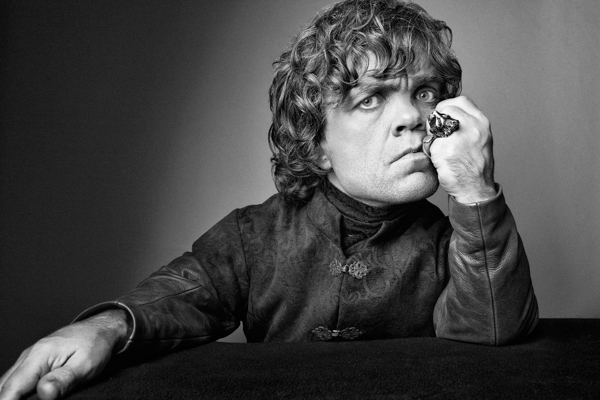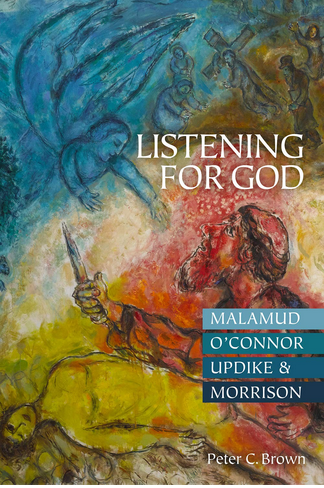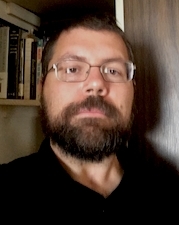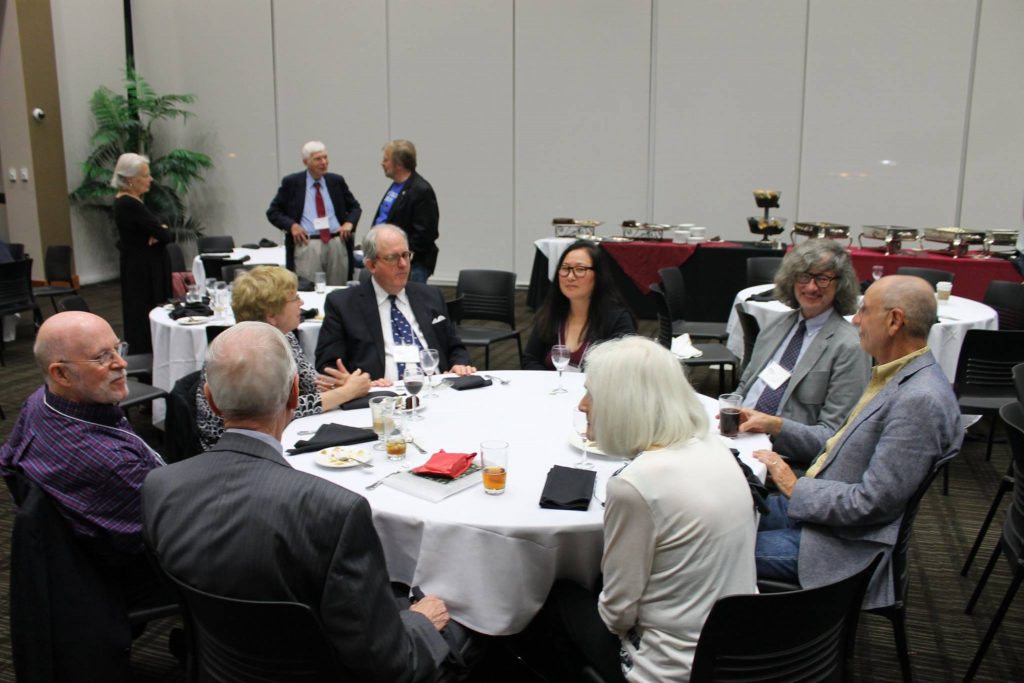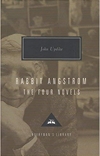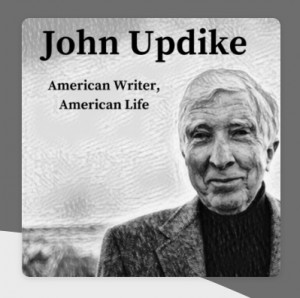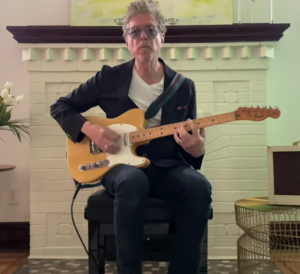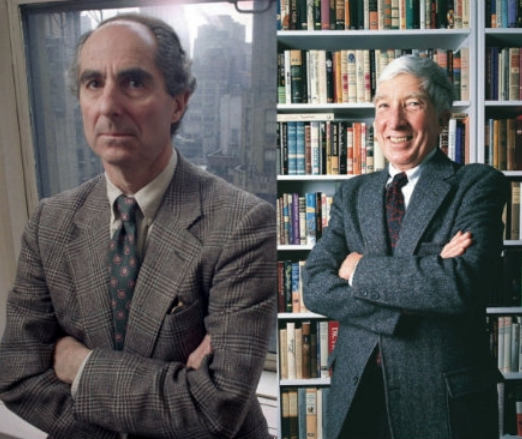In recent years, males who have taken advantage of women have been toppled amid cries of “toxic masculinity,” and Confederate statues and monuments have been removed because of “cancel culture.” But in his Spectator essay “Read Ray Bradbury before he’s canceled,” associate editor Ron Liddle questions whether the backlash against writers for alleged sexism or racism isn’t somewhat like pushes from the other side of the political arena to ban books from school libraries. His essay raises other questions: Should writing about a fictional man who abuses women or spouts racist things be treated the same as a flesh-and-blood man who abuses women or says racist things? Can a male write about a misbehaving male protagonist? Should a writer be held accountable for a character’s behavior? When it comes to art, is censorship ever justifiable? If so, when, and under what circumstances? And what about inconsistencies? Why are older novels that feature sexist male protagonists not held in the same contempt as those from a more recent past? Is “cancel culture” driven by personal crusades?
Although Liddle focuses on Bradbury, Updike also factors into the discussion. “Frankly, it’s a wonder we are allowed to read [Bradbury] at all. But that’s where Fahrenheit 451 got it right. After reading Bradbury I moved on to Henry Miller, Saul Bellow, Philip Roth and John Updike — especially Updike, another small-town writer. These people seemed to me giants of literature and yet I suspect you will have to search high and low to find them on a university syllabus, so comprehensively have their reputations been trashed for political reasons.
“Updike, an almost lifelong registered Democrat, is loathed for his supposed misogyny and racism,” Liddle writes. “I read an academic article recently supposedly in support of Updike: it said he should be read because we needed to know what a vile bastard he really was. Saul Bellow is canceled because he became a bit gamy about the neighborhood gangs in Chicago, and also for Henderson the Rain King and Mr Sammler’s Planet, which are considered terribly racist. And Philip Roth? Hell, even his biographer has been canceled. Maybe we ought to memorize a book or two from each of these wonderful writers, in order to keep the memories alive. I’ll take Updike’s Couples, if that’s OK — I already know most of it by heart. It’s late now. There’s a wind whipping up and the distant sound of thunder carrying the whiff of autumn. I am no longer 15 years old. But I might still hunker down between my sheets with Bradbury, comforted by the tales of the weird and ominous stuff going on just outside.”


